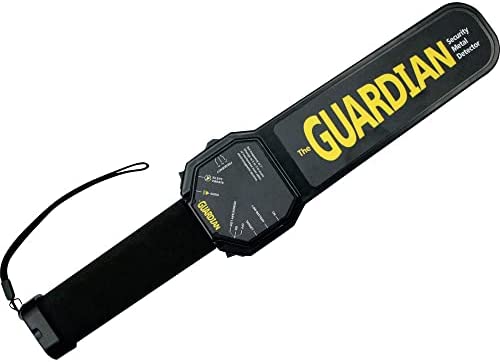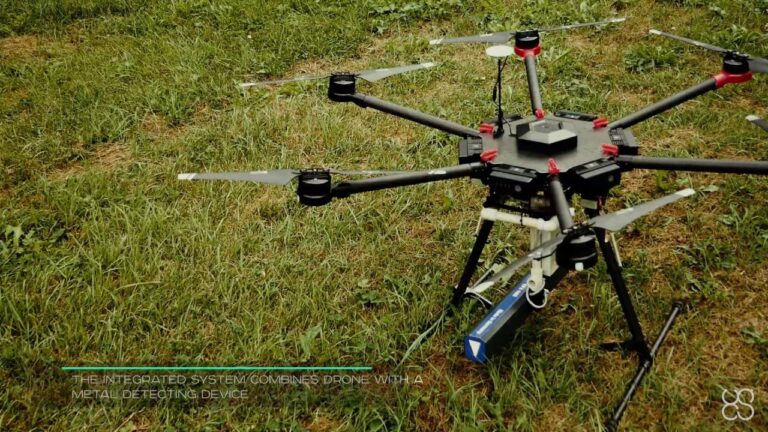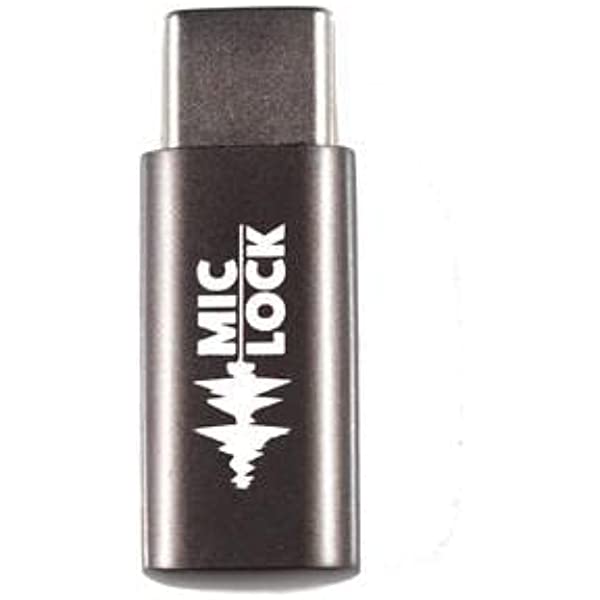Is There a Metal Detector That Only Detects Gold
Is there a metal detector that only detects gold? This intriguing question has captured the attention of many gold prospecting enthusiasts as the popularity of this hobby continues to grow. In this article, we will introduce the concept of a metal detector designed specifically for gold detection and discuss the factors contributing to the rising interest in gold prospecting.
By exploring the capabilities and limitations of specialized metal detectors, we aim to provide an insightful answer to the question and help gold enthusiasts make informed decisions in their pursuit of this fascinating pastime.
Types of Metal Detectors
Very Low Frequency (VLF) Detectors
Very Low Frequency (VLF) detectors are the most common metal detectors used by hobbyists and professionals alike. They transmit a continuous sinusoidal wave at a specific frequency, ranging from 3 kHz to 70 kHz. When the wave encounters a metal object, it generates an electrical response, which is picked up by the detector’s receiver coil.
VLF detectors are known for their ability to discriminate between different types of metals, making them suitable for gold prospecting. However, they may struggle in highly mineralized soils due to interference from ground minerals.
Pulse Induction (PI) Detectors
Pulse Induction (PI) detectors emit short, powerful electromagnetic pulses into the ground. These pulses create eddy currents in nearby metal objects, which decay at a specific rate depending on the object’s conductivity and permeability.
PI detectors measure the decay time of these eddy currents, allowing them to detect metals, including gold, at greater depths than VLF detectors. They also perform better in mineralized soils, making them less susceptible to interference.
However, PI detectors generally need more discrimination capabilities than VLF detectors, making it more difficult to distinguish between gold and other metals.
Comparing Their Capabilities and Limitations in Detecting Gold
Regarding detecting gold, both VLF and PI detectors have strengths and weaknesses. VLF detectors offer better discrimination between metals, which can be advantageous for gold prospecting, but may have difficulty in highly mineralized soils.
On the other hand, PI detectors excel at detecting gold at greater depths and in mineralized environments, but they need help to differentiate between gold and other metals easily. Choosing the right metal detector for gold hunting depends on the specific environment, target depth, and the user’s skill level.
Gold-Specific Metal Detectors
Features of Gold-Detecting Metal Detectors
Gold-detecting metal detectors are designed with features suited for locating gold nuggets and other precious metals. These detectors often operate at higher frequencies, which improves sensitivity to small gold pieces.
They also include advanced ground balancing systems to handle mineralized soils, a common challenge in gold prospecting areas. Additionally, they may incorporate adjustable discrimination settings to help distinguish gold from other metals and trash targets.
Popular Gold Metal Detector Models
Some popular gold metal detector models include:
- Minelab GPZ 7000: A premium model with advanced ZVT technology, combining the depth advantage of PI detectors with the discrimination capabilities of VLF detectors.
- Garrett AT Gold: An all-terrain VLF detector, waterproof up to 10 feet, and suitable for various environments.
- Fisher Gold Bug Pro: A lightweight VLF detector with great sensitivity to small gold nuggets and adjustable ground balancing.
- Minelab SDC 2300: A compact and waterproof PI detector designed for finding gold in challenging environments.
Limitations in Detecting Only Gold
While gold-specific metal detectors are designed to optimize gold detection, no detector can exclusively and consistently detect only gold. Most detectors can only discriminate metals to a certain extent, meaning they may still pick up signals from other metals or trash targets.
Furthermore, factors like ground mineralization, target depth, and size can impact a detector’s ability to identify and locate gold accurately.
Consequently, gold prospectors should develop their skills, techniques, and knowledge to enhance their chances of finding gold while understanding the limitations of their detectors.
Factors Affecting Gold Detection
Various factors can impact the effectiveness of gold detection, such as ground mineralization, target depth and size, operating frequency, and discrimination settings.
- Ground Mineralization
Ground mineralization refers to the presence of minerals in the soil, which can interfere with a metal detector’s ability to locate gold. Highly mineralized soils can produce false signals and reduce detection depth. Gold-specific metal detectors often include advanced ground-balancing systems to minimize the effects of mineralization.
- Target Depth and Size
The depth and size of a gold target significantly affect the detection capabilities of a metal detector. Larger and shallower targets are easier to detect, while smaller and deeper targets pose more difficulty. The choice of search coil and detector type can influence the ability to detect targets at varying depths and sizes.
- Operating Frequency
The operating frequency of a metal detector has a direct impact on its sensitivity to gold. Higher frequencies are more sensitive to small gold nuggets but may have reduced detection depth. Lower frequencies, on the other hand, can penetrate deeper but may be less sensitive to small targets. Gold-specific detectors often operate at higher frequencies to enhance gold detection.
- Discrimination Settings
Discrimination settings allow metal detectors to differentiate between various types of metals. Properly adjusted discrimination settings can help gold prospectors to ignore unwanted targets, such as iron and aluminum.
However, overly aggressive discrimination settings may cause the detector to miss small or deep gold targets. Balancing discrimination settings is crucial for successful gold detection.
Techniques for Enhancing Gold Detection
To increase the chances of successful gold detection, consider focusing on proper search coil selection, ground balancing, and sensitivity adjustments, and prospecting in known gold-bearing areas.
- Proper Search Coil Selection
The choice of search coil plays a crucial role in gold detection. Larger coils offer deeper penetration but may struggle with small targets, while smaller coils provide greater sensitivity to small gold nuggets but have a more limited depth range. Selecting a search coil based on the specific environment and target size can greatly enhance gold detection capabilities.
- Ground Balancing and Sensitivity Adjustments
Proper ground balancing helps minimize the effects of soil mineralization and improves detection accuracy. Regularly adjusting ground balance according to the soil conditions can significantly enhance gold detection. Additionally, adjusting sensitivity settings to find the optimal balance between target detection and minimizing false signals is essential for a successful gold hunt.
- Understanding the Importance of Prospecting In Known Gold-Bearing Areas
Focusing on known gold-bearing areas increases the likelihood of finding gold. Researching historical records and geological maps and seeking advice from experienced prospectors can help identify promising locations.
Investing time and effort in understanding the local geology and mineralization patterns can significantly improve the chances of a successful gold detection experience.
Conclusion
There is no metal detector that exclusively and consistently detects only gold. However, gold-specific detectors and proper techniques can optimize the chances of finding gold.
Selecting the right metal detector and search coil and adjusting ground balancing and sensitivity are crucial for successful gold prospecting. Aspiring gold prospectors should continue to refine their skills and knowledge, learn from experienced individuals, and stay updated with advancements in metal detection technology.
This persistence and dedication can significantly improve the chances of finding gold and enjoying a rewarding and exciting hobby.








2 Comments